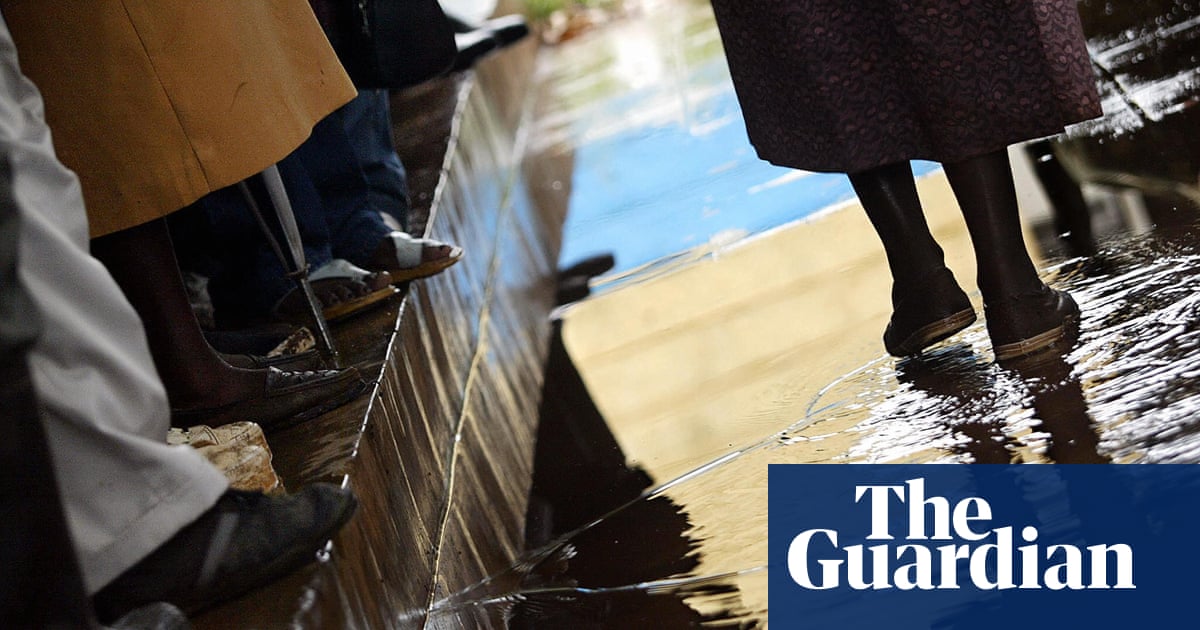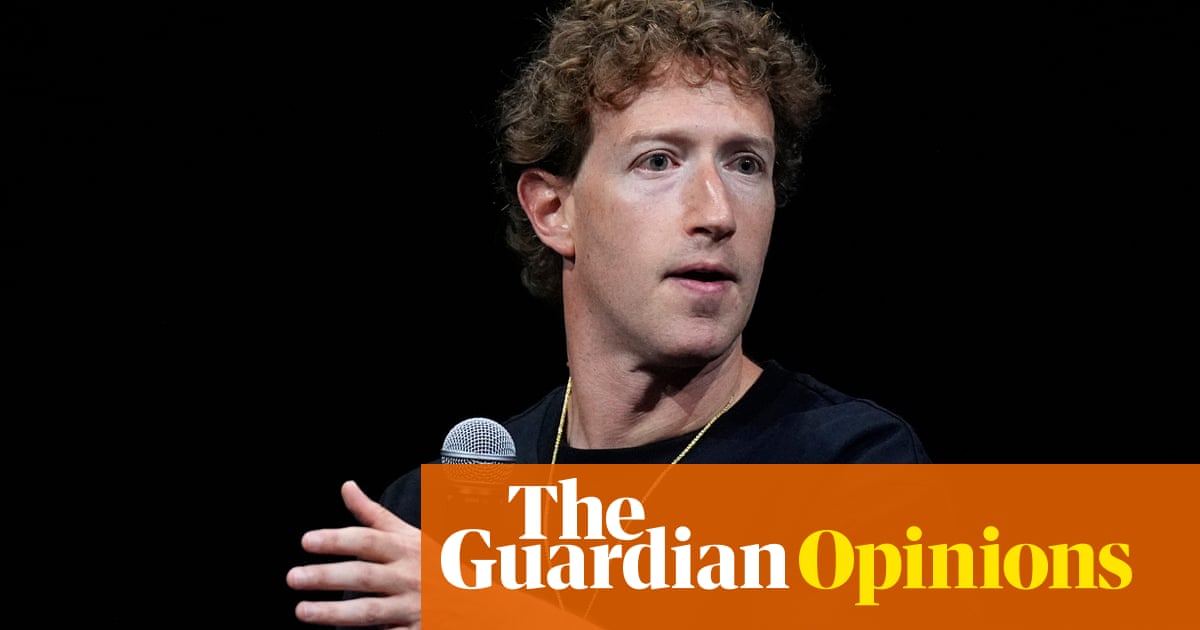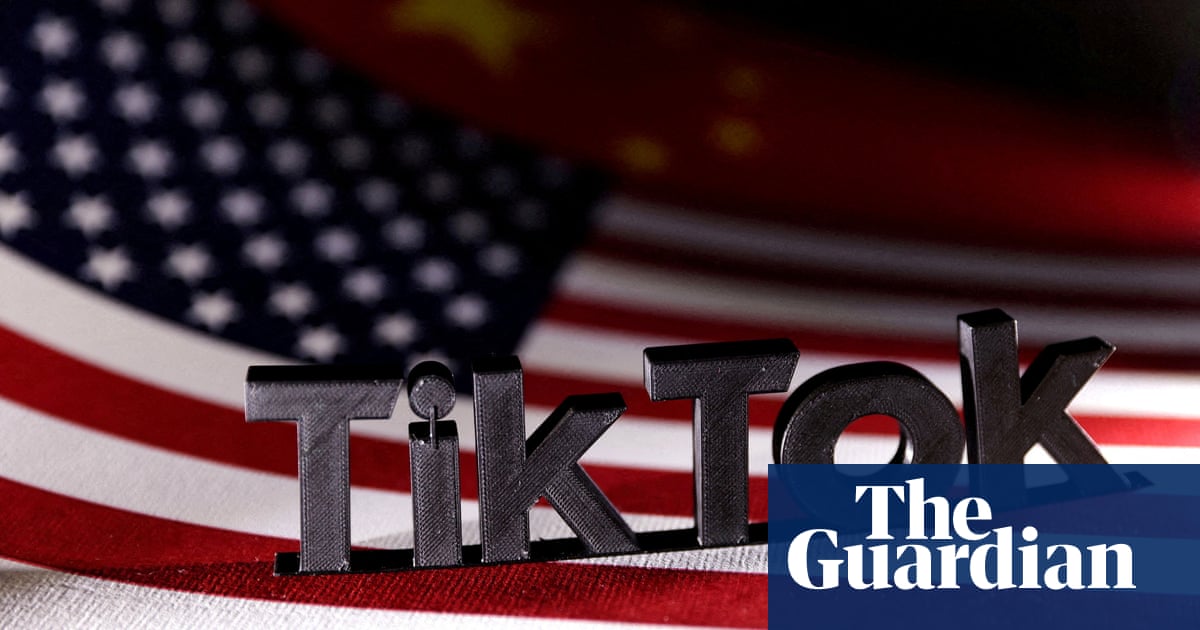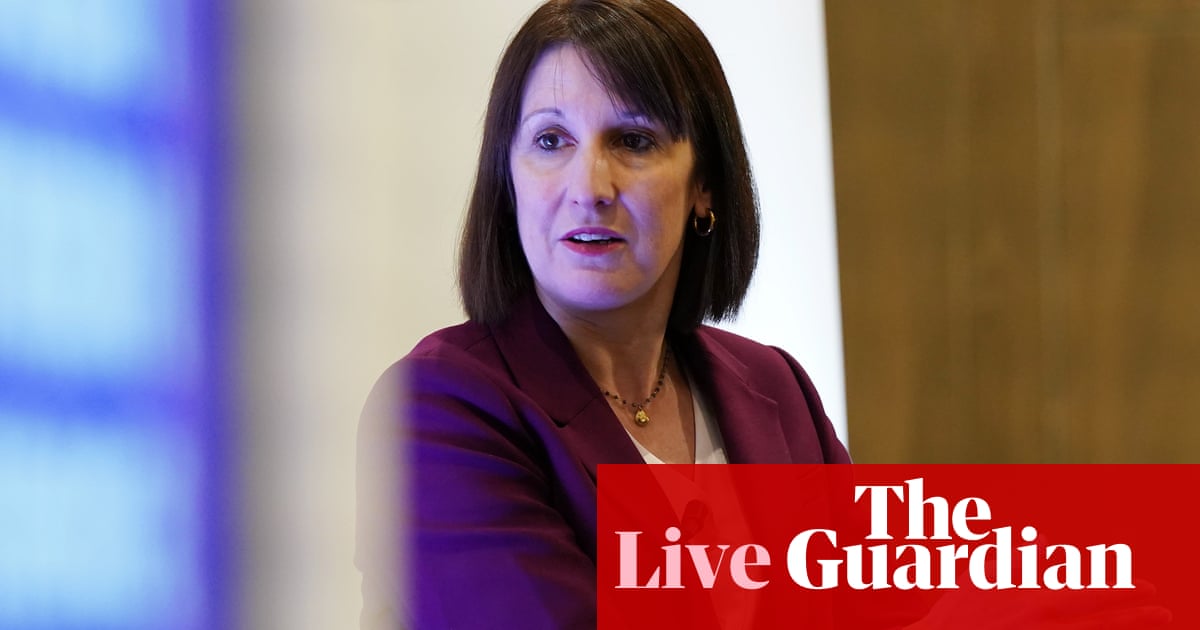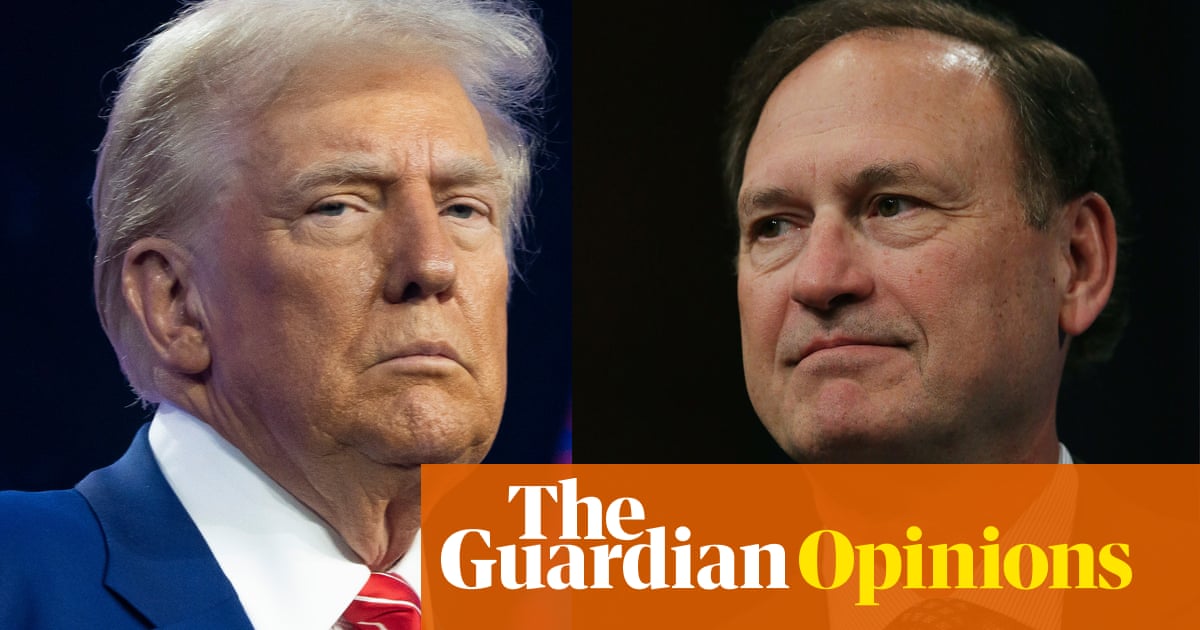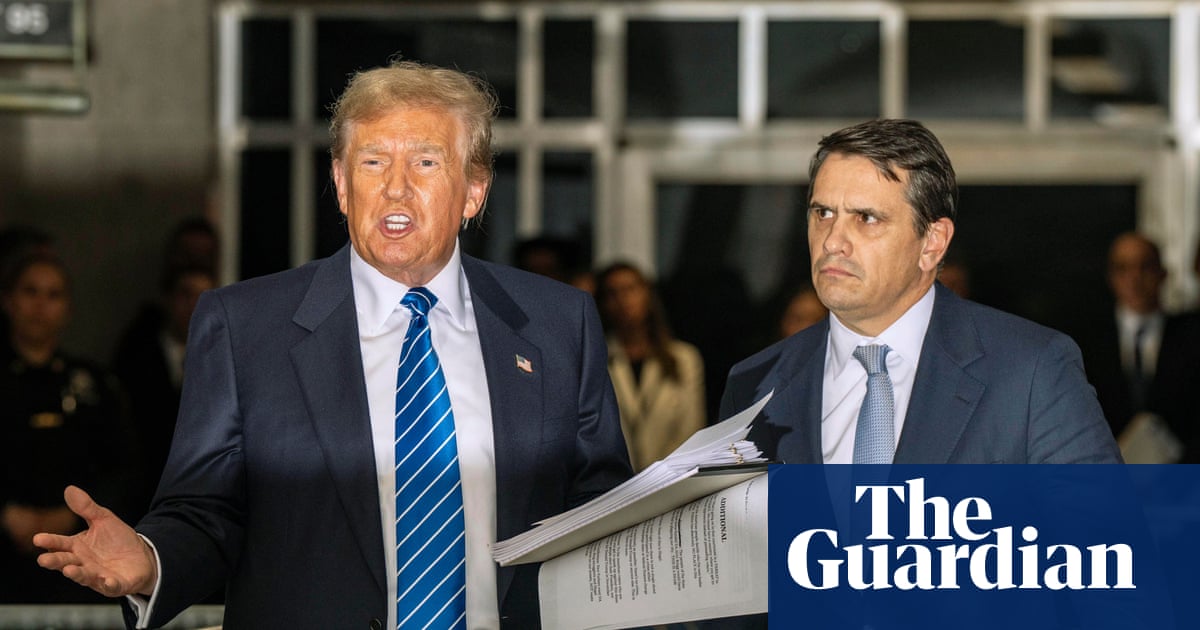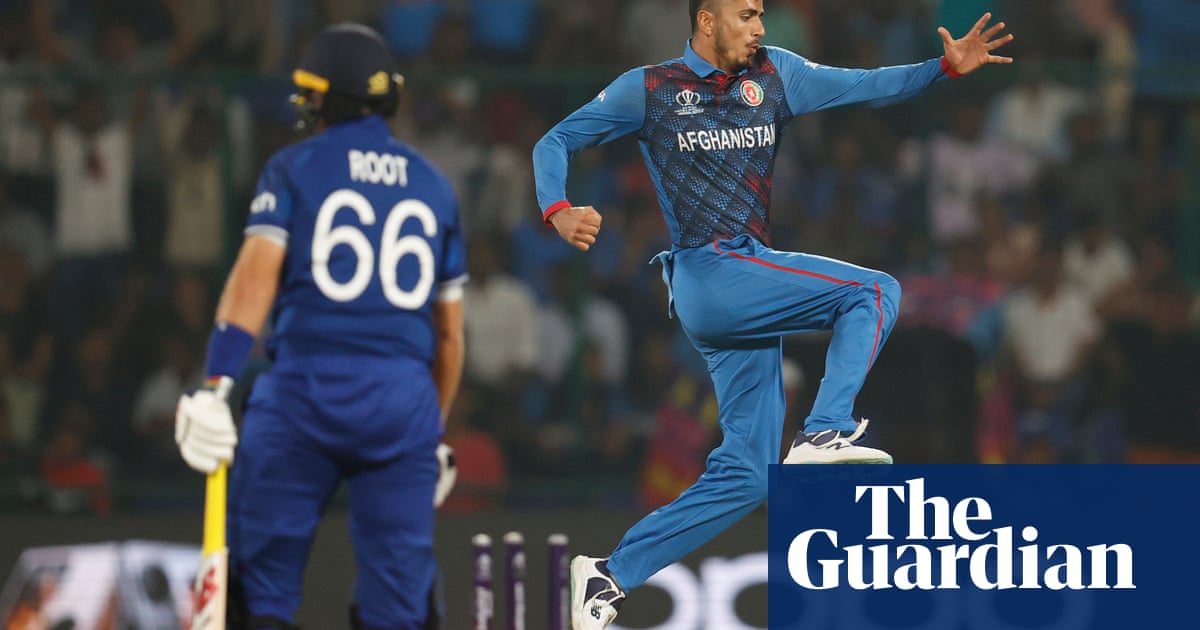On Ukraine’s frontline, soldiers hold Russian forces at bay with American weapons and ammunition. Across the country, American air defences protect civilians from Moscow’s missiles and drones.
So for Ukrainians, the outcome of the US presidential election could be a matter of life and death. If the arms pipeline slows or halts, grinding Russian advances across the eastern front in recent months could accelerate, and hospitals, schools, power stations and homes would become more vulnerable.
Europe’s political support is indispensable and its weapons appreciated, but Washington’s donations of military aid over nearly three years of war, at more than $64bn, eclipse those provided by all other allies put together.
Donald Trump has made no secret of his desire to “end the war”, and cut that spending. He has repeatedly attempted to block aid packages in Congress and has been promising – or threatening – to force Moscow and Kyiv to reach a deal before the US presidential inauguration in January.
While Trump has been vague about the shape of a potential agreement, his running mate, JD Vance, has laid out a plan that critics describe as tantamount to a Russian victory, with Moscow keeping de facto control over Ukrainian territory it occupies now and Ukraine left outside Nato.
“We are worried about Trump,” a senior official in Kyiv said bluntly. Volodymyr Zelenskyy and Trump’s shared background in entertainment television has not eased the relationship.
In September, Zelenskyy secured a meeting with Trump in New York to plead Ukraine’s cause, the first time the two men had come face to face in five years.
Trump preceded the meeting with a dose of public humiliation, sharing a private message from the Ukrainian leader on social media, and weeks later blamed Zelenskyy for starting the war.
In an interview with the Guardian in late May, Zelenskyy admitted he had “no strategy yet” for what to do if Trump returned to the White House, though he suggested the outline of a plan rooted in an appeal to the candidate’s vanity.
He warned Trump that he risked being tagged as a “loser president” if he allowed Russia to win the war. Trump might be able to broker a ceasefire deal, Zelenskyy said, but Putin’s track record suggests Moscow would eventually violate it and push further into Ukraine, making the US president look “very weak”.
Just days out from the election, some Ukrainian officials say this scenario gives them cause to be cautiously optimistic about a possible Trump presidency, in the hope that a humiliated Trump would then pivot to backing Ukraine.
It may be risky to gamble on Putin and Trump sabotaging their own interests through vanity, hubris and mutual miscalculation.
But Russia’s willingness to conscript soldiers on a huge scale, and send them to die in vast numbers on the battlefield, is slowly eroding Ukraine’s initial advantage on the battlefield.
The liberation of Kyiv and parts of the east and south was rooted in superior military skills, weapons and motivation, but three years on tens of thousands of Ukrainian forces are dead, injured or exhausted.
Ukraine has a much smaller population than Russia, everyone who wanted to serve is already in uniform and as a democracy it struggles with conscription.
“Everyone understands that Trump doesn’t care one bit about Ukraine, and that a Trump presidency would be a trip to the casino for Ukraine: we could win big or we could lose everything,” said a source in Ukraine’s security structures.
“But by now everyone is exhausted, and some people are willing to make risky bets. Trump is useful to Putin, because he can create chaos, but he can also be unhelpful, Putin doesn’t like it when others have the initiative,” said the source.
A victory for Kamala Harris would probably be met in Kyiv with relief that the country now faces a “less bad” option, rather than with full-bodied enthusiasm.
She is expected to be a more predictable counterpart than Trump would be, broadly continuing Joe Biden’s policy approach, although Ukrainians are still trying to gauge her personal position on the conflict.
She has not visited Ukraine since the start of the full-scale invasion in 2022 and although she has met Zelenskyy at least half a dozen times during her vice-presidency, she has usually been passing on messages from Biden rather than setting the agenda.
after newsletter promotion
Zelenskiy’s chief of staff, Andriy Yermak, has set up a contact channel with Philip Gordon, Harris’s national security adviser, to bolster ties and deepen understanding of where Harris’s position dovetails with Biden’s and where it might diverge.
The outgoing president has balanced strong diplomatic support and generous military aid for Kyiv with restrictions on the transfer and use of American technology, largely because of concerns about escalation, which have infuriated many officials in Kyiv.
Putin has repeatedly threatened to deploy Russia’s nuclear arsenal. Although intelligence services believe these are not empty threats, American donations to Ukraine have gradually expanded over the past three years.
In early 2022, donations of anti-tank missiles were the focus of military transfers. Three years on Ukraine is receiving some of the most advanced parts of the US arsenal, including long-range missiles – though with a bar on using them on targets inside Russia – Patriot air defence systems and F-16 jets provided by European allies.
But critics say each authorisation to transfer a new category of arms comes so slowly, and so late, that it undermines their effectiveness on the battlefield.
Frustration has been mounting in recent months over “a drip-drip policy of managed escalation” that Ukraine sees as characteristic of the Biden administration.
They fear that if that continues under a Harris administration, it could ultimately be nearly as damaging to Ukraine’s future as pressure from a Trump administration to reach an immediate deal.
But they may be able to get more traction in coming months with a longstanding argument that US concerns about escalation should be weighed carefully against the potential impact of effectively losing to Russia.
“The Chinese, the Indians and of course the Russians see this as America’s war,” said one security official in Kyiv. “The US already had a huge catastrophe with the withdrawal from Afghanistan. If they lost Ukraine after three years, they will lose all [military credibility].”
This month thousands of North Korean soldiers joined Russian troops on the ground, which many have seen as grim proof of Kyiv’s longstanding insistence that the war has never just been about Ukraine’s future.
As pressure to open negotiations with Russia grows, Ukraine can only hope that those voices in the next presidential administration who believe Washington’s power is tied to Kyiv’s fate are louder and more influential than officials calling to end the conflict now, regardless of the immediate or long-term costs of brokering a deal with Moscow.
“There is no favourite candidate in Ukraine. There is rather a portrait of the next US president with whom Ukrainians would like to deal,” said Alyona Getmanchuk, director of the New Europe Center thinktank in Kyiv. “The US remains our main security provider.
“We would like to deal with a president who is not paralysed by fear of Putin … Who understands that whichever path will lead to the end of the war it must lie through security guarantees, first of all a Nato invitation and meaningful accession process.”

.png) 2 months ago
19
2 months ago
19


